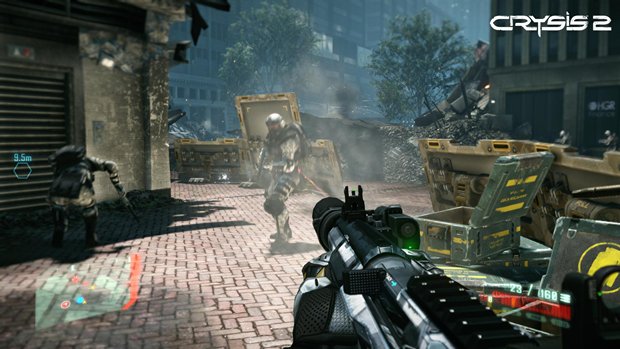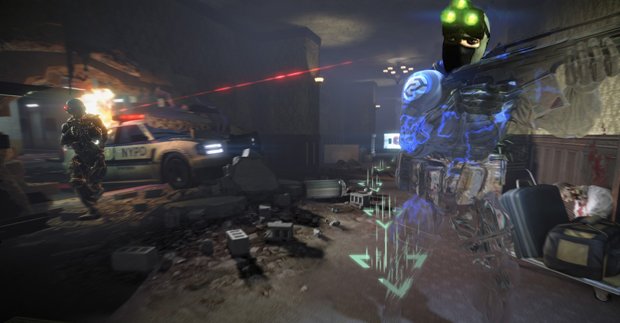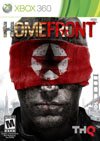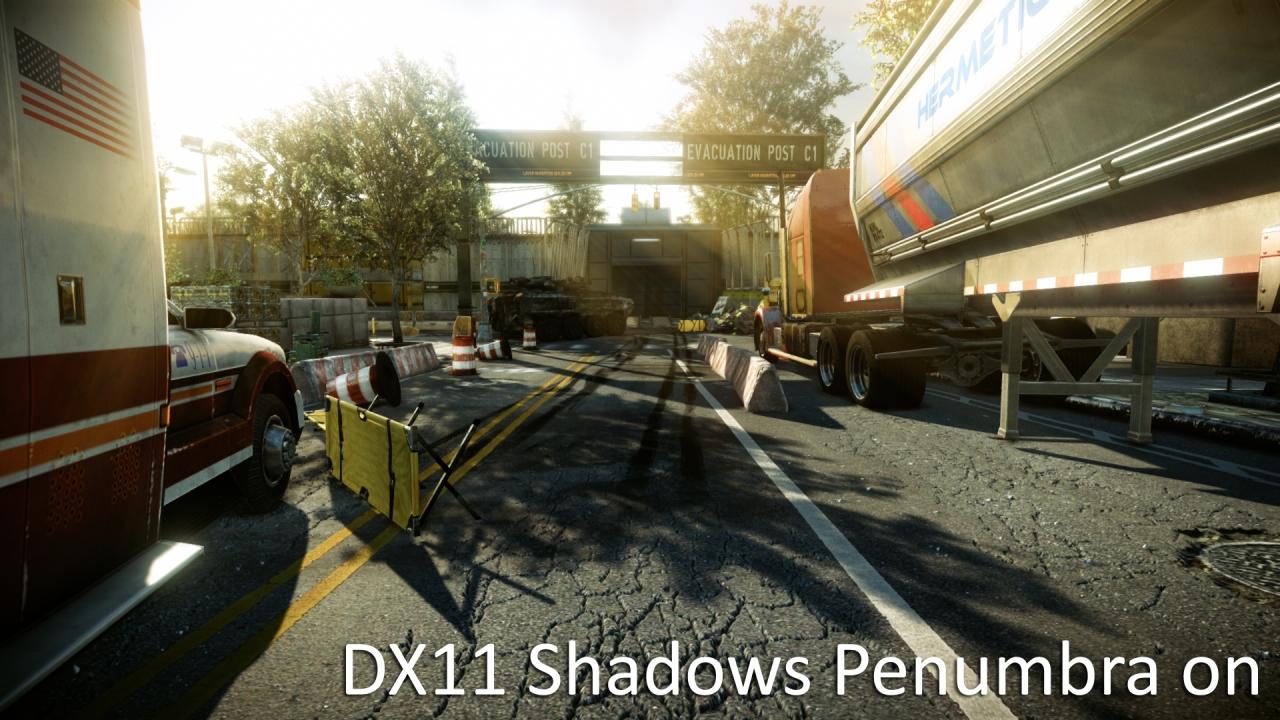Why you can trust GamesRadar+
While there are killstreak rewards in the multiplayer, they are not nearly at the ridiculous degree as Modern Warfare – you won’t see any rewards past a killstreak of seven. There are just three of them, known as Support Bonuses, for killstreaks of three, five, and seven, and only the last one has any potential for actual direct kills. These Bonuses also change depending on the map instead of being customized by the player, so for instance on one map the Bonuses might be Maximum Radar (3 kills), Radar Jamming (5 kills), and Orbital Strike (7 kills). There’s another element that makes getting killstreaks just slightly more difficult and risky than in other games – dog tags. See, just getting a kill doesn’t automatically count toward your streak – you have to run over to the person’s body and pick up the glowing dog tag on the ground. This means you have to occupy yourself with a potentially dangerous activity if you want that killstreak, and it also means that snipers can’t just sit back and rake in killstreaks, which is a great design decision.

Above: So, what's that guy on the left doing? Looking for change? Tying his shoe? Still hung-over?
The lamest aspect of multiplayer is something minor in effect but we find abhorrent in its principle: automatic taunting, which occurs sometimes when you die. This is not a taunt controlled by the player, but rather something the game just throws in there to anger and humiliate you when you get killed – you’ll hear your opponent talk trash along the lines of “How do you like that, motherfucker” or “Fuck you, asshole!” Yes, the game implements automated immature 12-year-old trash-talking as a feature. And the player who gets the kill doesn’t even get to enjoy hearing their own character doing the trash-talking – it’s there merely to make the loser feel bad. This is a small complaint, but look at it from the perspective of new or casual players – it’s an utterly unfriendly environment that pounds your ineptitude home by insulting you if you die a lot. On top of this, if your team loses a round, you’ll hear some random commander tell you how terrible you were – it’s like the game specifically wants you to have as little fun as possible when you’re losing. We guess it wants to motivate you to win, but it’s the wrong way to go about it.
That one annoyance aside, the multiplayer is still fantastic. The game modes, when combined with the nanosuit powers, make for some clever competition. Instant Action, which is regular deathmatch, becomes hilarious chaos when people are zooming around like methed-up rabbits while invisible assassins get air-stomped right after cutting guy’s throats. Team Instant Action can be dominated by coordinated teams all using the same suit powers together – imagine a phalanx of armored-up dudes or six guys all cloaked at once waiting in ambush. This trailer captures a lot of the mayhem that can be encountered:
There’s also Crash Site, which is a moving king-of-the-hill mode. Being mobile is huge because you can see where the next capture and hold point will be – an alien ship flies around and drops the pod so you can follow it if you’re fast enough. Then there’s the mode that really changes things up: in Assault you’re restricted to special classes designed just for that mode. One team has nanosuits, but only pistols, and their job is to sneak up to one of several computers and hack information from them. The other team has no nanosuits, but gets bigger guns. Everyone only gets one life, so it’s a tense mode of creeping around and running from danger. It turns the game into something like this:

Above: Splinter Cell is not dead!
The multiplayer is the stronger of the two game components, so if you favor online play, you’re in for a sprinting, super-jumping, sneaking good time. The single-player is by no means something you’ll want to ignore, though. If you’re into both modes, the game is quite the package when all its strengths are considered, despite some flaws.
Is it better than%26hellip; ?

Homefront? Yes. Homefront’s campaign is shorter, more restrictive, and doesn’t offer the fun of the nanosuit. It tells a story with more emotional weight, but its gameplay doesn’t stand out from any other modern military shooter. Crysis 2 is permissive, inviting you to play any way you want, while Homefront wants you to play one specific way. Homefront’s multiplayer is a lot of fun, but it doesn’t do anything vastly different from its competitors. Crysis 2’s multiplayer is genuinely different.
Crysis? No. The second game’s multiplayer is more refined, more energetic, and more robust, but not by a huge margin. The sequel, despite being an amazing visual achievement for reaching multiple platforms, doesn’t really look better than the original, and we much prefer the tropical island setting of Crysis. We also like the more complex nanosuit of the original, if only for the super-duper sprinting, which was a joy to use.
Bulletstorm? No. The nanosuit blends concepts we’ve seen before into something that makes the shooter exhilarating, but the game as a whole doesn’t take risks the way Bulletstorm does. Instead of simply giving you powers to run around and shoot guys in different ways, Bulletstorm rethinks the shooting itself, shaking up the very foundation of the shooter genre. Bulletstorm also daringly tosses aside standard multiplayer modes for purely co-op play that feels more original than Crysis 2’s (still fantastic) pastiche of existing ideas.
Just for you, Metacritic!
Crysis 2 is an astounding technical achievement. It’s one of the best-looking games ever, and it knows how to bring the spectacle. Its single-player provides a playground for the joyous nanosuit powers, although some buggy AI and generic aliens keep the campaign from soaring as high as it could have. The multiplayer, meanwhile, is a fantastic buffet of playstyles that rewards the creative player.
Mar 22, 2011
More info
| Genre | Shooter |
| Description | The PC version will kill your computer, but then it's better looking than the console versions, which happen have possibly the best-looking console graphics in history. The single-player campaign is pretty good, with some genuinely spectacular set pieces, while the multiplayer is flat-out fantastic, providing a fresh experience that lets you blend playstyles at will. |
| Franchise name | Crysis |
| Platform | "PC","Xbox 360","PS3" |
| US censor rating | "Mature","Mature","Mature" |
| UK censor rating | "Rating Pending","Rating Pending","Rating Pending" |
| Release date | 1 January 1970 (US), 1 January 1970 (UK) |




